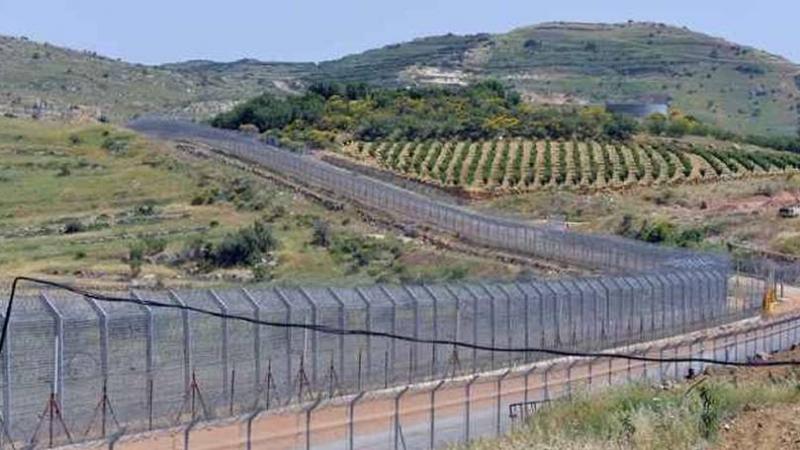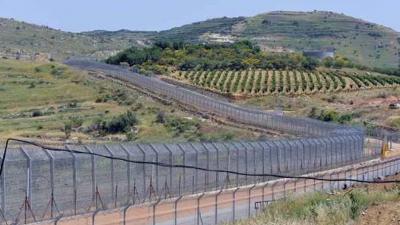Finally... an agreement has been reached on the maritime borders! After much back and forth and escalation, the file was concluded under American supervision, with mutual Lebanese-Israeli satisfaction, as both parties announced the achievement of their demands. The agreement has positive implications on several fronts, and Lebanon has officially become one of the oil-producing countries. But politically, how is this interpreted? What awaits us?
Journalist and political analyst Johnny Mounir points out through MTV that despite the economic importance of this agreement and the benefits that will become apparent after a period, there are more significant dimensions to the agreement that carry major meanings.
Firstly, Mounir states that there are two major parties and a sponsor for the agreement: Israel on one side and Hezbollah on the other. Even though Hezbollah confirms its support for the state, it was the actual negotiator, having engaged with Speaker of Parliament Nabih Berri and communicated with President Michel Aoun. The sponsor of this agreement is the American side. This implies that even when Israel attempted to evade the agreement for internal electoral reasons, the Americans intervened forcefully to ensure the agreement proceeded, which suggests a significant international and American decision that the Eastern Mediterranean region will not be a zone of disturbances.
The second conclusion is that for Hezbollah, both in terms of its Lebanese and regional representations, there is a "consensus" that Lebanon must head towards a phase of cooling. In this context, Mounir adds that the agreement on the border delineation indicates that we will not witness a war at sea. The dismissal of the possibility of a maritime war also means no war on land, which signals our entry into a new phase labeled as cooling, namely a cooling of the political situation. He consequently anticipates that the next phase will be the delineation of land borders.
He believes this indicates that upcoming responsibilities will be under the same balance, that is, the balance of regional and international understanding. This means Lebanon is heading towards being free from any major clashes or disturbances, as both Israel and Hezbollah, along with the United States, as reflected through the agreement, are clearly signaling a direction towards restoring stability to Lebanon.
So, what is happening indicates a positive outlook; does this include the presidential milestone? Mounir responds, "The presidential milestone will adhere to the same balance and principle, even if the mechanisms differ. It is not necessarily required that the presidential elections be very close, but at the same time, they are not far off."
It seems that Lebanon is heading toward the beginning stages of returning to stability... Should we be optimistic?




